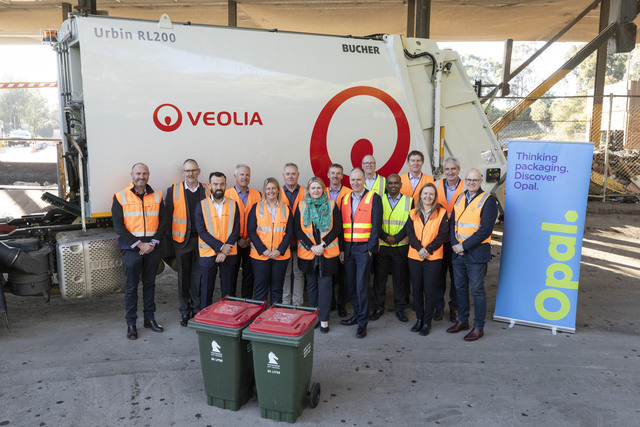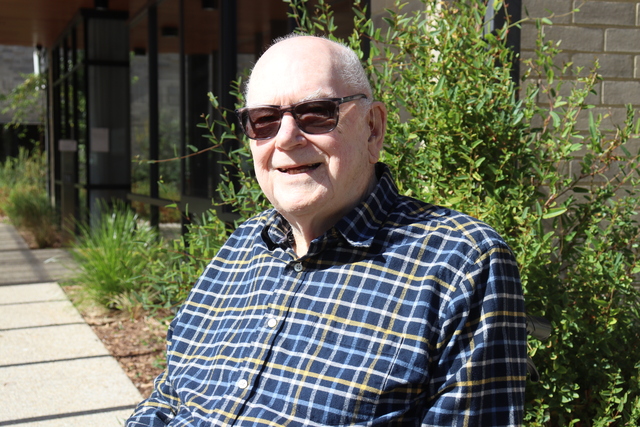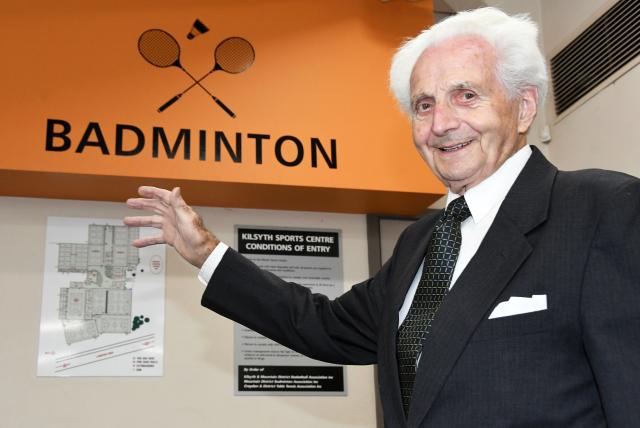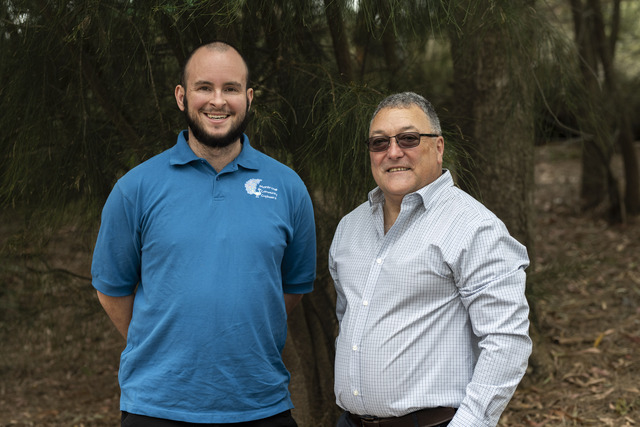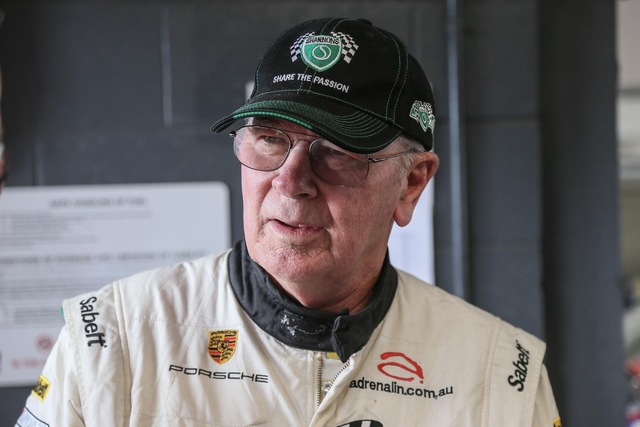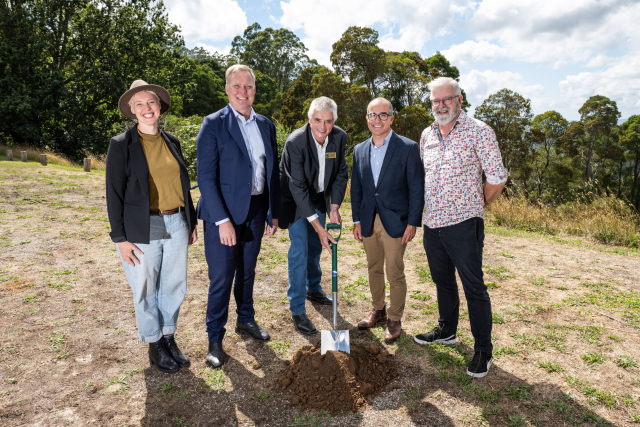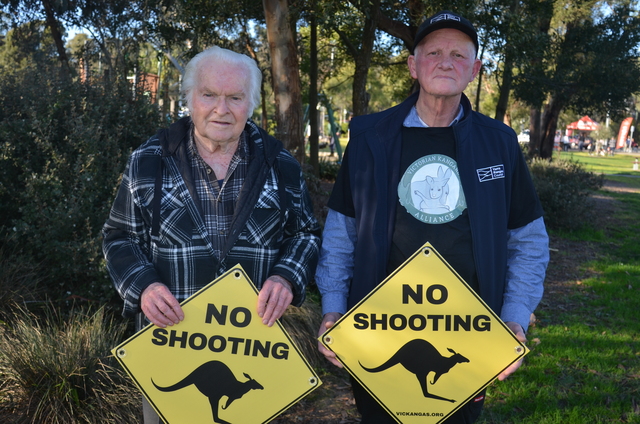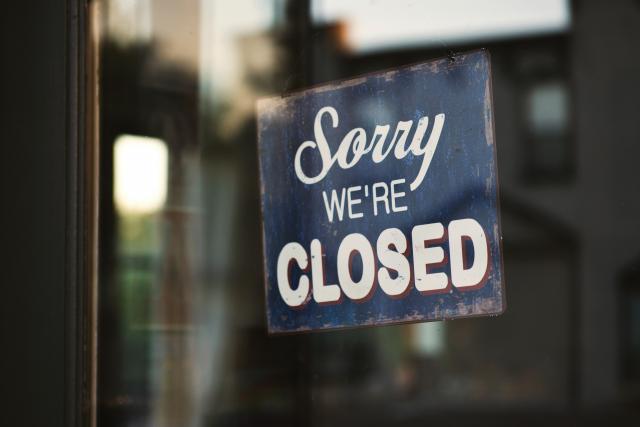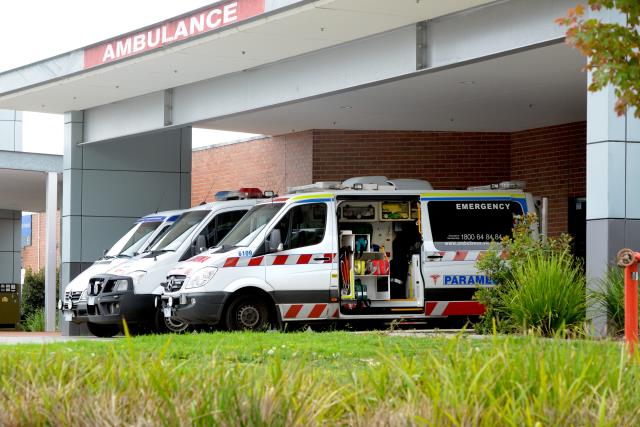At least 95 per cent of household waste from nine councils in Melbourne’s south east, including the Yarra Ranges, is set to be diverted from landfill and used to create a valuable energy source.
The South East Metropolitan Advanced Waste Processing (SEMAWP) initiative aims to deliver a smarter solution for dealing with household waste.
Nine councils have banded together to enter a Waste Supply Agreement with Maryvale EfW Project Co (a consortium between Veolia Australia and New Zealand, Opal Australian Paper, and Masdar Tribe Australia) to send waste to an advanced waste processing facility in Maryvale in Victoria’s Latrobe Valley.
The councils, made up of Bayside City Council, Cardinia Shire Council, City of Casey, City of Greater Dandenong, Frankston City Council, Kingston City Council, Knox City Council, Whitehorse City Council and Yarra Ranges Council, are shareholders in SEMAWP, a company created by the councils for the purpose of this procurement.
Announcing the agreement, SEMAWP’s board chair and Bayside City Council chief executive officer, Mick Cummins, said by diverting SEMAWP Councils’ residual waste from landfill it will contribute to reducing greenhouse gas emissions by 270,000 tonnes annually, equivalent to removing 50,000 cars from the road per year.
“This is a great outcome for residents of the nine councils involved in this project that began in 2019,” Mr Cummins said.
“This solution provides an alternative to landfill that makes better use of household waste than burying it in the ground. Items that can’t be reused or recycled will be put to better use.
“It is expected to create more than 500 temporary jobs during construction and an estimated 455 permanent operating jobs, including direct and flow-on, over the coming years. So, it reduces emissions, creates investment and employment, and preserves land for better uses than landfill.”
Yarra Ranges Council’s chief executive officer Tammi Rose said the future management of waste needs to be a priority for councils.
“We know we are running out of space for landfill. Our recently introduced waste changes have seen a reduction in the amount of food and organics going to landfill but there is still more we can do,” she said.
“Ideally, we should be preventing, minimising, recycling and recovering our waste wherever possible; and when it’s not possible then we need to look at disposal. Generating energy from waste is a logical part of managing our waste and Yarra Ranges is pleased to be involved in this innovative approach to waste management.”
With household waste in Melbourne’s south east projected to increase by 40 per cent by 2046, alternatives to landfill need to be found. The last remaining landfill in the south east of Melbourne will close in the next few years. This project will ensure that residents’ waste is used to create a valuable energy source for an important industry in the Latrobe Valley.
The Maryvale Energy from Waste (EfW) facility will be adjacent to the existing Opal Australian Paper Maryvale Mill, and the paper mill will utilise the combined heat and power from the EfW facility.
Councils will deliver waste to a transfer station planned for construction in Melbourne’s south east, where it will be prepared for bulk transfer to Maryvale EfW. Energy from waste facilities are being used safely and reliably in metropolitan areas around the world, including in the United Kingdom, Europe, Asia and North America.
Modern, best-practice advanced waste processing facilities have strong safety track records and are designed to meet strict emissions standards, with real-time emission monitoring to make sure they meet stringent air quality standards.
In Victoria, they are regulated by the Environment Protection Authority Victoria and Recycling Victoria such that EfW facilities must be appropriately located, constructed and operated according to strict regulations that minimise risks to the environment and people.
The contract term for the Waste Supply Agreement will be for 25 years. Mr Cummins said this would provide cost certainty and waste processing security to participating councils.
By forming a single entity, the councils strengthen their influence on the economic, environmental and social outcomes of the project.
SEMAWP is like many other companies, it is governed by a constitution and reports to a board of directors.
Each participating council is bound by a shareholders’ agreement and has an equal share in SEMAWP. Having an equal share means each council has an equal say on how the contract is managed regardless of the size of the council and the amount of household waste being supplied.
SEMAWP exists only to manage the contract agreement for the advanced waste processing facility and cannot make decisions on other waste or council matters.

